Home / uttar-pradesh / Agra Hoteliers Demand Urgent Review of Uttar Prade
Agra Hoteliers Demand Urgent Review of Uttar Prade
By: My India Times
4 minutes read 39Updated At: 2024-11-06

In a move that has sent shockwaves through Uttar Pradesh’s hospitality sector, the state government has announced a significant tightening of the luxury tax on hotels, now imposing a 5% tax on room tariffs of Rs 500 and above. This new tax regime, which is part of the state’s tourism policy for 2015, has left hoteliers in Agra, a city heavily dependent on tourism, both stunned and concerned about the potential repercussions for their business and the broader tourism ecosystem.
A Drastic Shift in Taxation Policy: What Does It Mean for Agra’s Hotels?
Historically, the luxury tax in Uttar Pradesh was applicable to hotels charging room rates starting at Rs 1,000. However, with the latest revision, even the most budget-friendly accommodations, including those catering to backpackers and low-budget travelers, now fall under this tax bracket. Hotels that previously charged below Rs 1,000 for a room, offering basic facilities for transient visitors, are now subjected to this levy, adding financial pressure on small-scale hotel owners who operate in a price-sensitive market.
The decision has sparked widespread dissatisfaction among local hotel owners, especially those operating in the competitive and cost-conscious market of Agra, home to the iconic Taj Mahal and a popular tourist destination. The change, they argue, is a significant blow to the viability of budget hotels, which are an integral part of the city’s hospitality landscape.
Hoteliers’ Strong Reaction: A Memorandum to the Authorities
In response to the new tax structure, the Hotel and Restaurant Association of Agra (HRAA), led by President Rakesh Chauhan, has urgently requested the Uttar Pradesh government to reconsider this policy. On Monday, a delegation of hoteliers met with Uttar Pradesh’s Director General of Tourism, Amrit Abhijat, presenting a memorandum highlighting their concerns. The association has urged the government to raise the luxury tax threshold to at least Rs 2,000, a request they argue is in line with the practices of neighboring states like Rajasthan and Madhya Pradesh.
The Impact of the Policy on Small-Scale Hotels: A Case for Rethinking
According to Rakesh Chauhan, the new tax structure will place undue strain on smaller hotels and guesthouses, particularly in Agra, which depend on affordable room rates to attract budget-conscious travelers. These establishments, often providing basic amenities, cater to tourists who prioritize affordability over luxury. Chauhan emphasized that the new tax policy would likely lead to higher operational costs, which would in turn be passed on to customers, making it even harder for these hotels to remain competitive.
“The vast majority of our visitors are not seeking luxury; they are looking for simple, comfortable places to rest. With this new tax regime, our operational costs will increase, and we may be forced to hike prices, which could make it unaffordable for our core customer base – budget tourists,†said Chauhan.
Comparisons with Neighboring States: A More Sustainable Approach
In his appeal to the Uttar Pradesh government, Chauhan pointed to the success of neighboring states such as Rajasthan and Madhya Pradesh, which have adopted more flexible and higher luxury tax thresholds. Rajasthan, for example, has set its threshold at Rs 3,000, while Madhya Pradesh has set it at Rs 2,000. Despite these higher limits, both states have seen significant revenue generation from the luxury tax, without negatively affecting their hospitality industry.
Chauhan suggested that by aligning Uttar Pradesh’s tax structure with that of these neighboring states, the government could simultaneously boost tourism and revenue. Higher thresholds would allow for a more sustainable balance between taxing higher-end hotels and protecting the interests of smaller establishments that cater to the majority of domestic and international tourists.
“We’ve always advocated for a tax structure that promotes growth in tourism. With the current policy, the ones that will suffer are the small lodges and guesthouses, many of which don’t even provide luxury services. Instead of focusing on smaller hotels, the government should consider raising the slab to Rs 2,000, which would benefit both the state’s revenue and the tourism sector,†Chauhan added.
An Unintended Consequence: Paperwork and Increased Costs
Another issue highlighted by the hotel association is the additional paperwork and bureaucratic red tape that the new luxury tax structure would create for small hotel owners. These establishments, which often operate on tight budgets and with limited administrative resources, would now have to comply with a higher level of documentation and tax filings. This added burden could prove to be too much for many, especially those already struggling to break even.
Moreover, the association fears that the hike in operational costs will push up room tariffs for the cheapest accommodations, which could undermine the appeal of Agra as an affordable tourist destination. Small hotels, which serve as the backbone of the tourism economy, might have to scale down their operations or close entirely, leading to a potential loss of jobs and tourism-related income.
A Call for Recalibration: The Need for a Balanced Approach
The hotel industry in Agra is calling for a recalibration of the luxury tax to reflect the realities of the local market. While the government aims to generate more revenue from tourism, it is crucial that it does not inadvertently stifle the industry’s growth. Small hotels, guesthouses, and budget accommodations are essential to the success of Agra’s tourism sector, and any policies that threaten their viability must be carefully reconsidered.
As the debate continues, hoteliers are hopeful that the government will recognize the adverse effects this policy could have on their businesses and the broader tourism ecosystem. A more nuanced approach to luxury tax could help strike the right balance between revenue generation and the promotion of a thriving, diverse hospitality sector in Uttar Pradesh.
....In a move that has sent shockwaves through Uttar Pradesh’s hospitality sector, the state government has announced a significant tightening of the luxury tax on hotels, now imposing a 5% tax on room tariffs of Rs 500 and above. This new tax regime, which is part of the state’s tourism policy for 2015, has left hoteliers in Agra, a city heavily dependent on tourism, both stunned and concerned about the potential repercussions for their business and the broader tourism ecosystem.
A Drastic Shift in Taxation Policy: What Does It Mean for Agra’s Hotels?
Historically, the luxury tax in Uttar Pradesh was applicable to hotels charging room rates starting at Rs 1,000. However, with the latest revision, even the most budget-friendly accommodations, including those catering to backpackers and low-budget travelers, now fall under this tax bracket. Hotels that previously charged below Rs 1,000 for a room, offering basic facilities for transient visitors, are now subjected to this levy, adding financial pressure on small-scale hotel owners who operate in a price-sensitive market.
The decision has sparked widespread dissatisfaction among local hotel owners, especially those operating in the competitive and cost-conscious market of Agra, home to the iconic Taj Mahal and a popular tourist destination. The change, they argue, is a significant blow to the viability of budget hotels, which are an integral part of the city’s hospitality landscape.
Hoteliers’ Strong Reaction: A Memorandum to the Authorities
In response to the new tax structure, the Hotel and Restaurant Association of Agra (HRAA), led by President Rakesh Chauhan, has urgently requested the Uttar Pradesh government to reconsider this policy. On Monday, a delegation of hoteliers met with Uttar Pradesh’s Director General of Tourism, Amrit Abhijat, presenting a memorandum highlighting their concerns. The association has urged the government to raise the luxury tax threshold to at least Rs 2,000, a request they argue is in line with the practices of neighboring states like Rajasthan and Madhya Pradesh.
The Impact of the Policy on Small-Scale Hotels: A Case for Rethinking
According to Rakesh Chauhan, the new tax structure will place undue strain on smaller hotels and guesthouses, particularly in Agra, which depend on affordable room rates to attract budget-conscious travelers. These establishments, often providing basic amenities, cater to tourists who prioritize affordability over luxury. Chauhan emphasized that the new tax policy would likely lead to higher operational costs, which would in turn be passed on to customers, making it even harder for these hotels to remain competitive.
“The vast majority of our visitors are not seeking luxury; they are looking for simple, comfortable places to rest. With this new tax regime, our operational costs will increase, and we may be forced to hike prices, which could make it unaffordable for our core customer base – budget tourists,†said Chauhan.
Comparisons with Neighboring States: A More Sustainable Approach
In his appeal to the Uttar Pradesh government, Chauhan pointed to the success of neighboring states such as Rajasthan and Madhya Pradesh, which have adopted more flexible and higher luxury tax thresholds. Rajasthan, for example, has set its threshold at Rs 3,000, while Madhya Pradesh has set it at Rs 2,000. Despite these higher limits, both states have seen significant revenue generation from the luxury tax, without negatively affecting their hospitality industry.
Chauhan suggested that by aligning Uttar Pradesh’s tax structure with that of these neighboring states, the government could simultaneously boost tourism and revenue. Higher thresholds would allow for a more sustainable balance between taxing higher-end hotels and protecting the interests of smaller establishments that cater to the majority of domestic and international tourists.
“We’ve always advocated for a tax structure that promotes growth in tourism. With the current policy, the ones that will suffer are the small lodges and guesthouses, many of which don’t even provide luxury services. Instead of focusing on smaller hotels, the government should consider raising the slab to Rs 2,000, which would benefit both the state’s revenue and the tourism sector,†Chauhan added.
An Unintended Consequence: Paperwork and Increased Costs
Another issue highlighted by the hotel association is the additional paperwork and bureaucratic red tape that the new luxury tax structure would create for small hotel owners. These establishments, which often operate on tight budgets and with limited administrative resources, would now have to comply with a higher level of documentation and tax filings. This added burden could prove to be too much for many, especially those already struggling to break even.
Moreover, the association fears that the hike in operational costs will push up room tariffs for the cheapest accommodations, which could undermine the appeal of Agra as an affordable tourist destination. Small hotels, which serve as the backbone of the tourism economy, might have to scale down their operations or close entirely, leading to a potential loss of jobs and tourism-related income.
A Call for Recalibration: The Need for a Balanced Approach
The hotel industry in Agra is calling for a recalibration of the luxury tax to reflect the realities of the local market. While the government aims to generate more revenue from tourism, it is crucial that it does not inadvertently stifle the industry’s growth. Small hotels, guesthouses, and budget accommodations are essential to the success of Agra’s tourism sector, and any policies that threaten their viability must be carefully reconsidered.
As the debate continues, hoteliers are hopeful that the government will recognize the adverse effects this policy could have on their businesses and the broader tourism ecosystem. A more nuanced approach to luxury tax could help strike the right balance between revenue generation and the promotion of a thriving, diverse hospitality sector in Uttar Pradesh.
By: My India Times
Updated At: 2024-11-06
Tags: uttar-pradesh News | My India Times News | Trending News | Travel News
Join our WhatsApp Channel












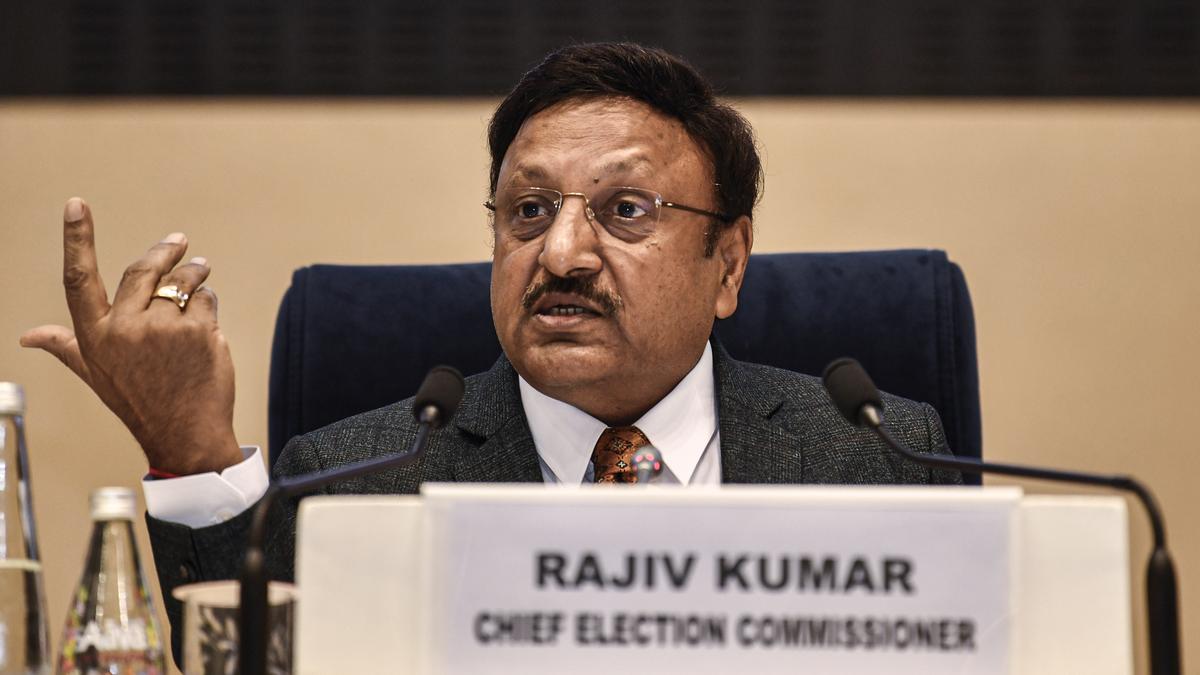

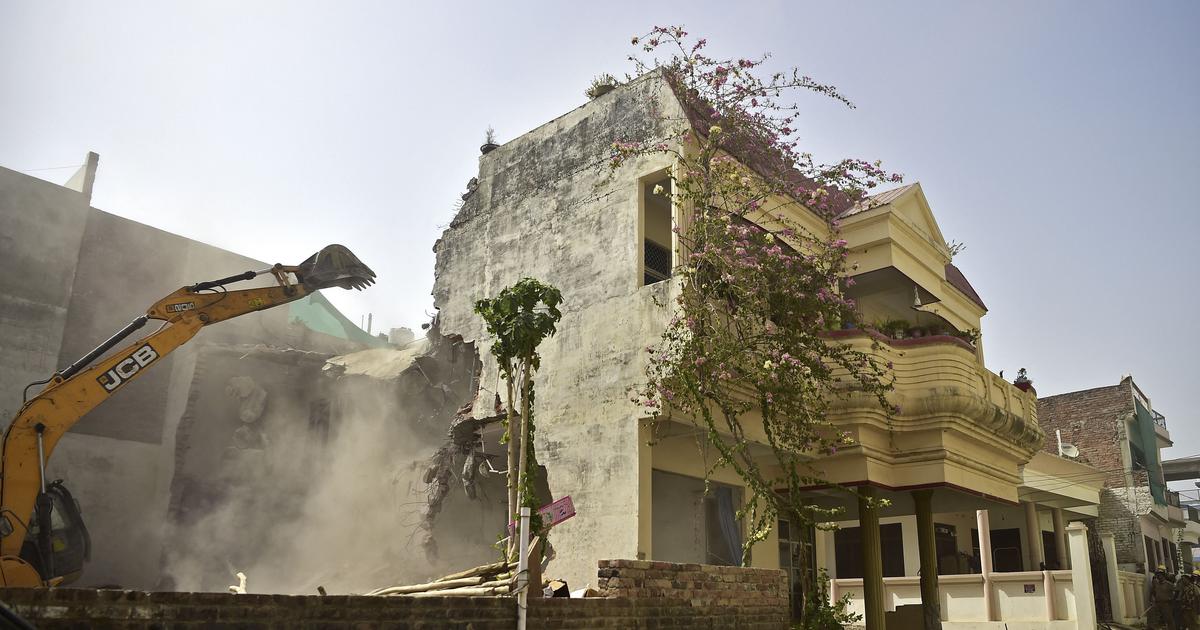
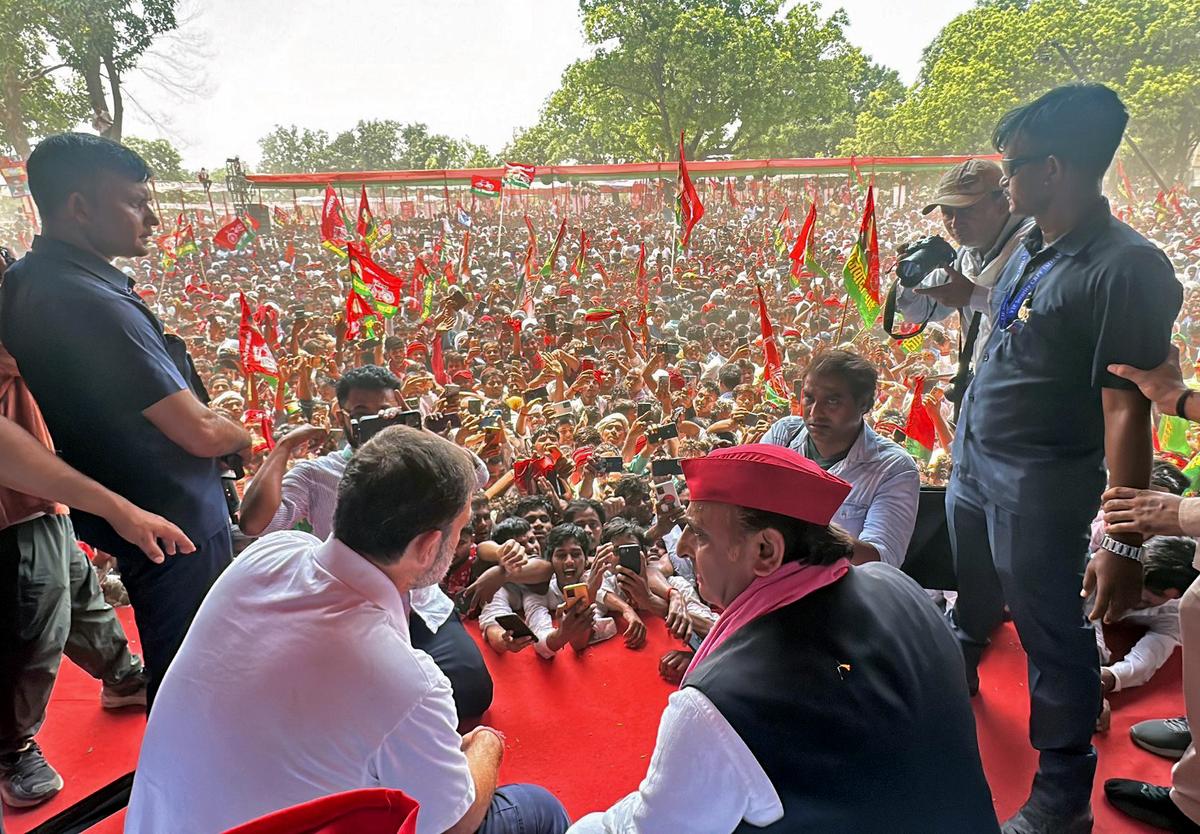

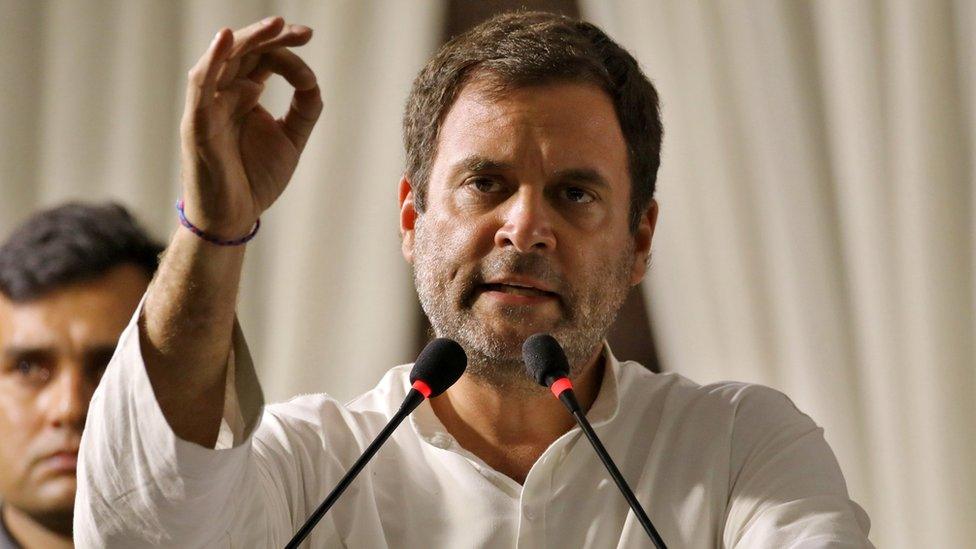
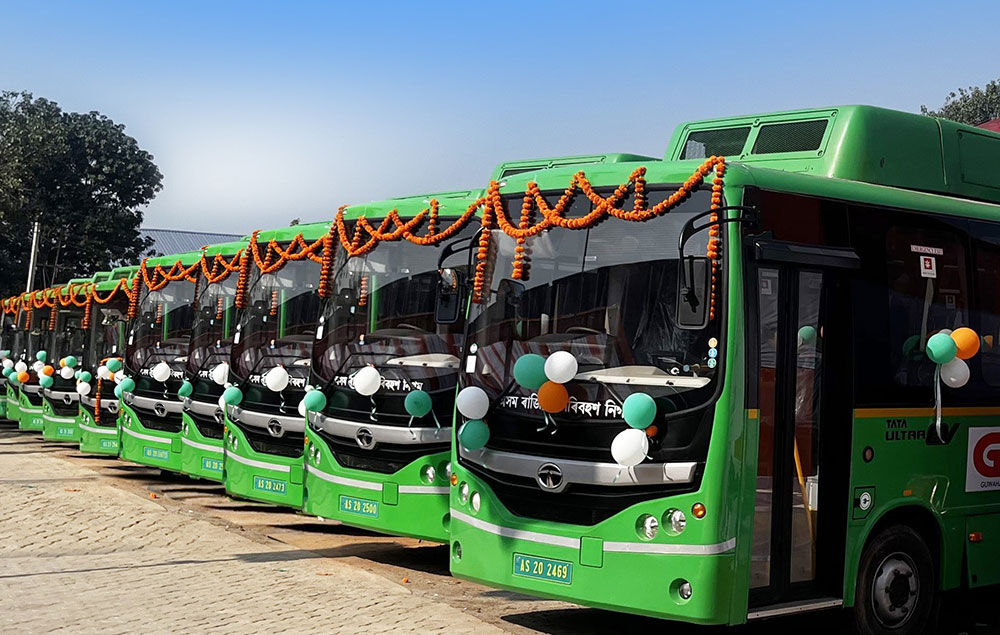

























































































.png)
 (1).png)























